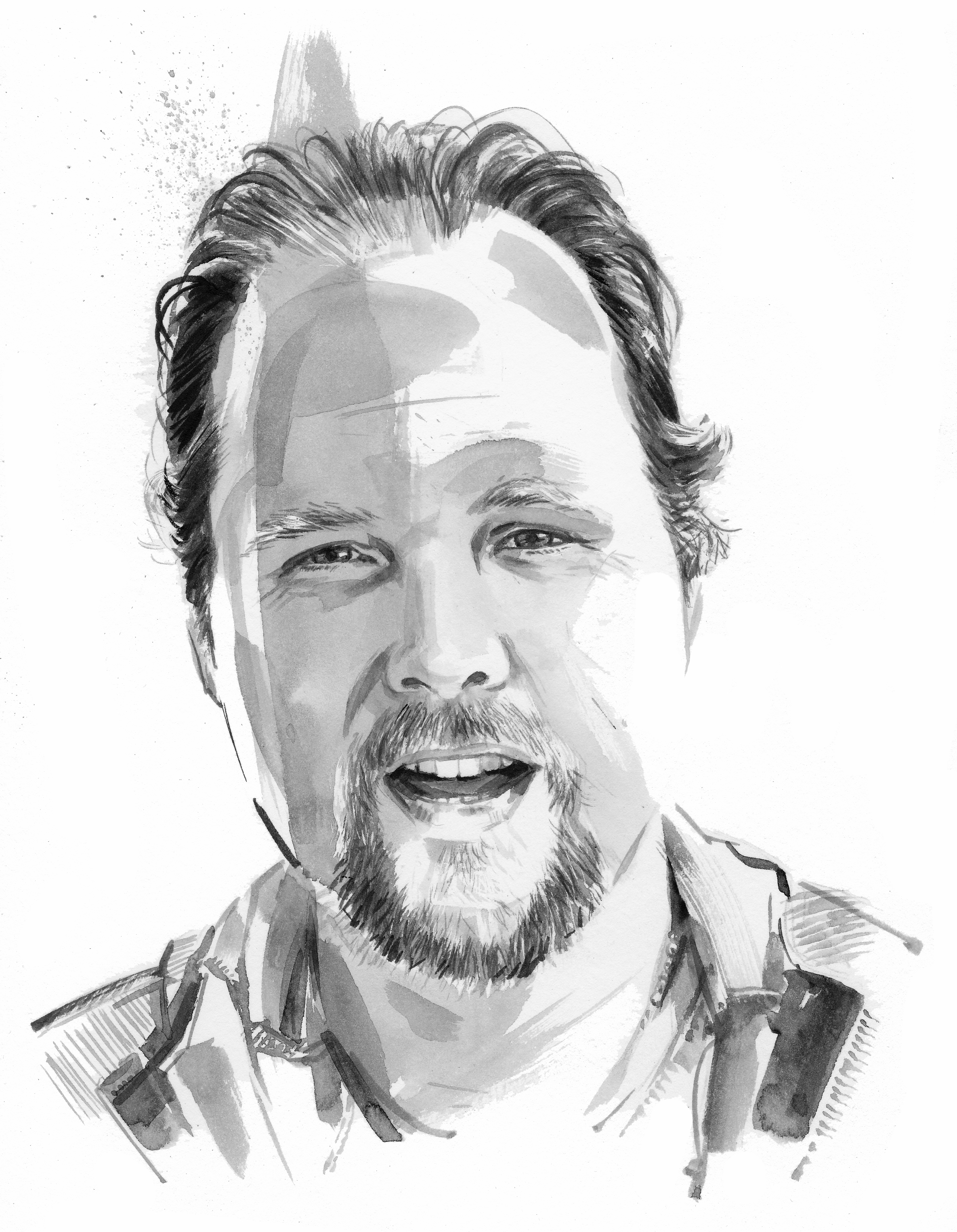Throughout my years of teaching, I often found myself teaching outside of my own subject. Alongside geography, I also taught history, RE, science, information technology and, for one term, GCSE English.
No matter when in my career, in which school or which of these subjects I was teaching, teaching outside of my specialism was always more exhausting.
And as a head of department, I often had non-specialists teaching geography. One year, I had 14 of them teaching a few lessons here or there. Coordinating that was also exhausting.
So, how do we support non-specialists to teach outside of their subject without driving the poor head of department to distraction? I think it helps to start by considering what makes teaching a different subject so difficult.
Teaching the familiar
If I was asked to teach a lesson on how a river changes from source to mouth right this second, I could do it.
I have the knowledge of how a river changes and, just as importantly, I know how to explain it. I have examples I can call on to demonstrate why a river gets wider and why meanders are commonly found in the middle course. I know to draw on examples of being a passenger in a car and being thrown to one side as the car goes around the corner to illustrate what happens to the river’s energy as the water flows around a bend.
I can also predict likely misconceptions that students will have. I know that some students will think that rivers start at the sea, and others will believe that rivers have a faster velocity near the source. I can predict the questions that students are likely to have in this lesson and so be ready with an answer.
They might ask about what happens to rainwater that soaks into the ground before it reaches the river, or they might wonder what happens if people dam the river. That’s fine. I can adapt and explain that.
Perhaps most importantly, I know why I am teaching this lesson. I understand that the goal is for students to understand the processes that shape the land and to understand how these processes act in different ways in different parts of the river.
Teaching outside your specialism
Now, ask me to teach a history lesson on the consequences of the 1919 Amritsar Massacre, and I am going to need to go and prepare. I’ll have to first teach myself about this event and try and hold at least some of this information in my head so that I can discuss it rather than just reading information from a book or screen.
I don’t know what misconceptions students will have and so can’t preempt them. I also don’t know what students are likely to ask me and so can’t prepare those answers. Perhaps most significantly, I don’t really understand why I am teaching it beyond the surface features of this particular event. I don’t know how it fits into the wider curriculum.
How can we support non-specialists?
It is useful to go through this process of thinking like a specialist and a non-specialist as it allows us to identify the differences and reveals what we need to do to put support in place.
We can make sure that lesson resources contain the information that the teacher might be missing. If the specialist teachers can keep a lesson or two in front of their non-specialist colleagues, that can quickly add in the following points for a series of lessons:
- Summary of key facts
- Examples/stories/illustrations
- Links to the wider curriculum
- Likely misconceptions
- Frequently asked questions.
In an ideal world, we might want to ensure that all secondary schools are staffed with a full complement of subject specialists.
In a much improved world, we might want to ensure that non-specialists are supported with co-planning sessions and regular support meetings.
But in this imperfect educational world, working with what we have, I think we can at least think of the support that we would have wanted ourselves if teaching something new, and make sure that it is in place.
Mark Enser is a freelance writer and author






